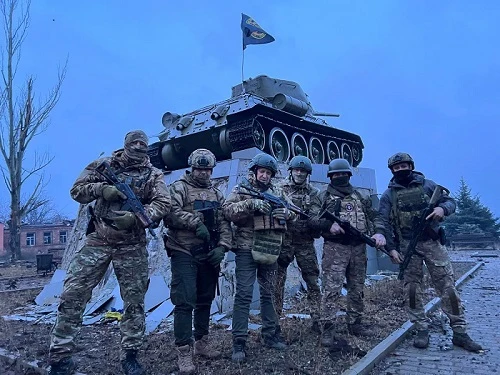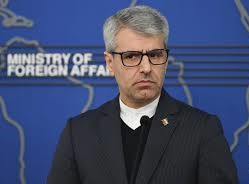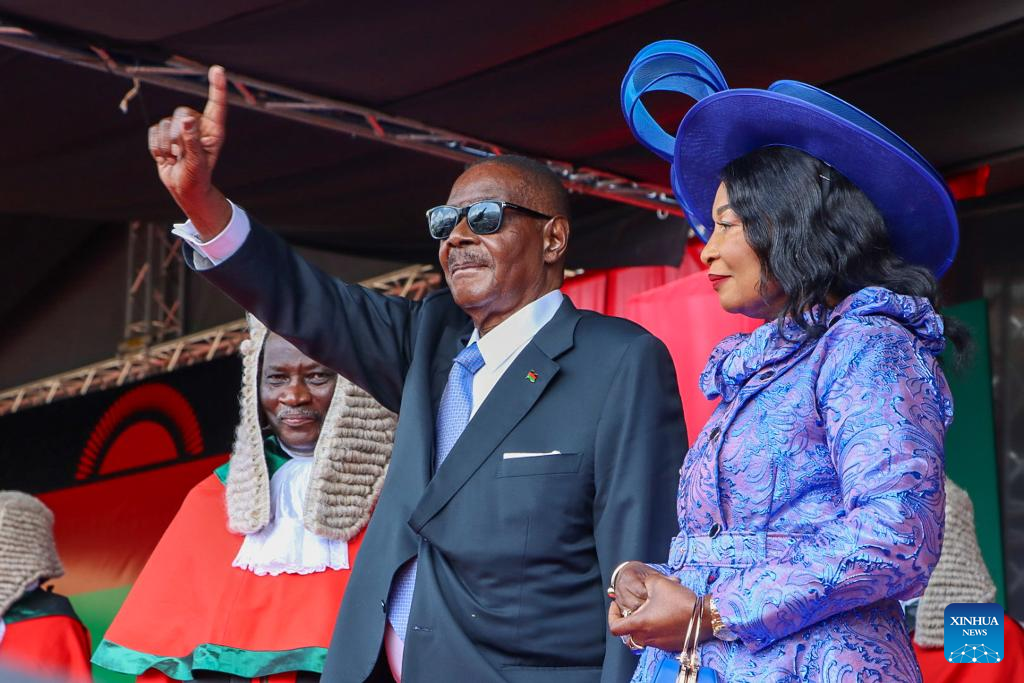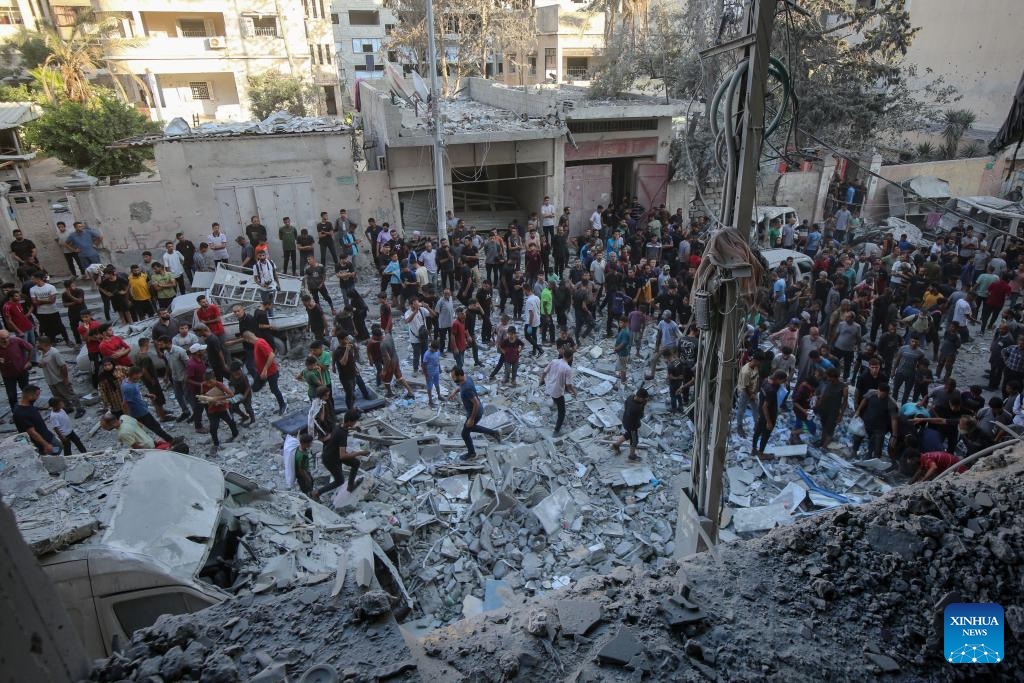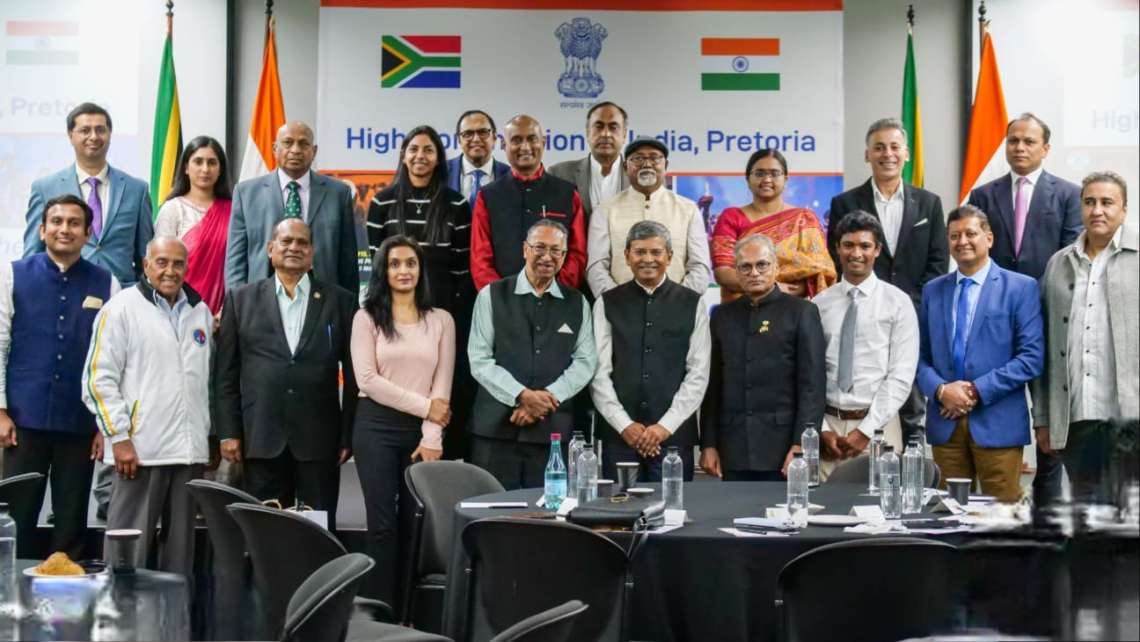Wagner’s exit marks a shift in Russia’s strategy in Africa, as Moscow transitions from relying on the private military company to deploying regular state-controlled paramilitary troops
The Russia-backed Wagner Group announced Friday that it is withdrawing its forces from Mali after more than three and a half years of fighting insurgents and Islamic extremist groups. The controversial mercenary force, which replaced French troops in the country in late 2021, claimed “mission accomplished” in a statement on Telegram, asserting it had helped bring all regional capitals under Malian army control and killed militant commanders.
Despite Wagner’s departure, Russia’s paramilitary footprint in Mali is expected to continue through a state-controlled force called the Africa Corps, which is under the direct command of the Russian defense ministry. The corps said Friday that Wagner’s exit would not lead to any operational changes and that Russian forces would remain present.
Wagner’s exit marks a shift in Russia’s strategy in Africa, as Moscow transitions from relying on the private military company to deploying regular state-controlled paramilitary troops. This change follows the 2023 death of Wagner leader Yevgeny Prigozhin in a plane crash, just months after his failed rebellion against the Kremlin.
Wagner’s presence in Mali began after a 2021 military coup and was part of a broader effort by Moscow to fill the power vacuum left by retreating Western powers in the Sahel. The group was accused of numerous human rights abuses, including targeting civilians during joint operations with Malian forces. In recent months, Wagner and Malian troops have suffered severe losses in attacks by militant groups affiliated with Al-Qaeda and the Islamic State. Last week, dozens of Malian soldiers were killed in an assault on a military base by the Al-Qaeda-linked group Jama’at Nusrat al-Islam wal-Muslimin (JNIM). Analysts suggest these recent defeats may have prompted Wagner’s sudden withdrawal.
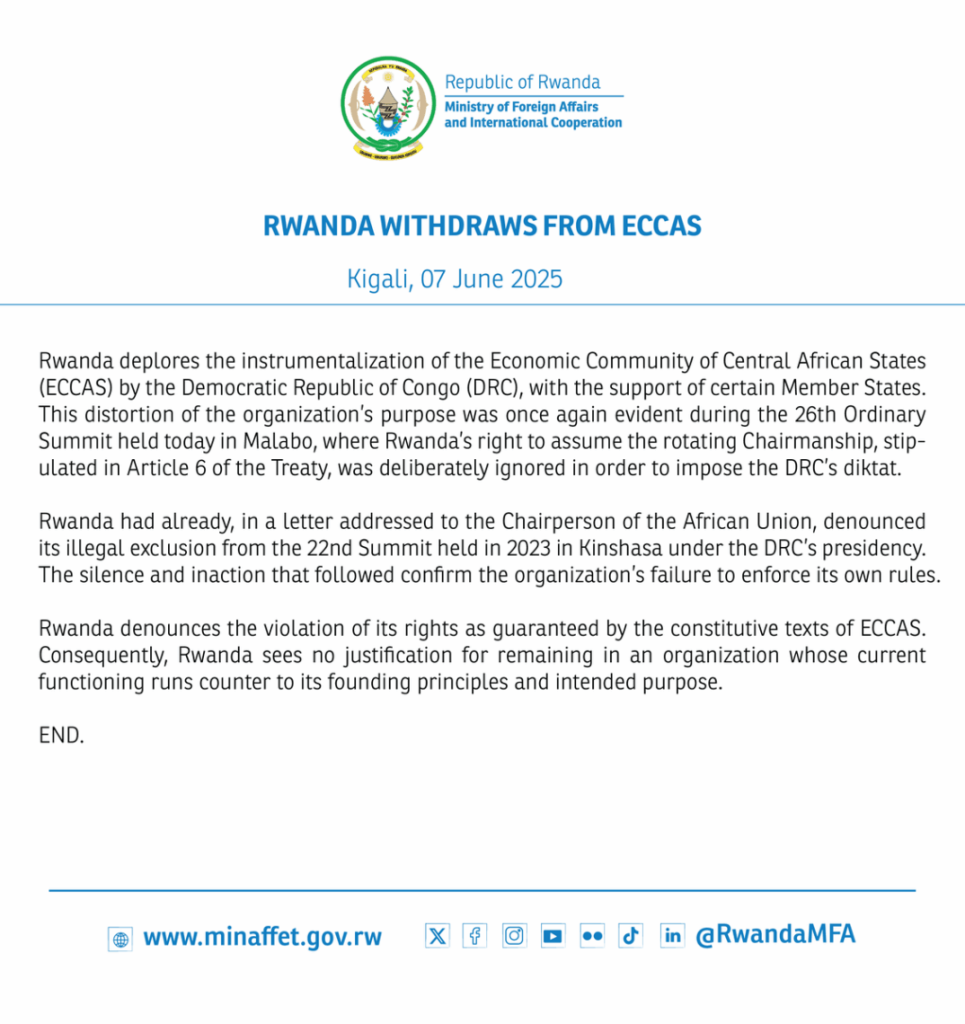
Rida Lyammouri, a Sahel expert at the Policy Center for the New South in Morocco, said the lack of a joint statement from Mali and Wagner pointed to possible internal disagreements. “This could signal a new framework for Russia’s presence in the country,” he said.
According to U.S. officials, roughly 2,000 Russian mercenaries are currently in Mali. However, it remains unclear how many are affiliated with Wagner versus the Africa Corps.
Security expert Beverly Ochieng of the consultancy Control Risks noted that the Russian defense ministry has been working to absorb Wagner fighters into its formal structures through the Africa Corps. “Since the death of Prigozhin, Russia has sought to bring Wagner under its control,” she said. “Introducing the Africa Corps is part of that transition.”
The Africa Corps, unlike Wagner’s direct-combat approach, is expected to have a “lighter footprint,” focusing more on training, logistics, and protective services. “They are less ‘Rambo-type’ and more structured,” said Ulf Laessing, head of the Sahel program at Germany’s Konrad Adenauer Foundation. Wagner’s tenure in Mali was controversial. The United Nations and international rights groups, including Human Rights Watch, have accused both the mercenaries and Malian forces of carrying out summary executions, enforced disappearances, and other abuses against civilians. In December 2023, Human Rights Watch reported that at least 32 civilians were killed over eight months by Malian forces and Wagner operatives.
Last month, UN experts called on the Malian government to investigate the alleged atrocities and hold those responsible accountable.
Russia’s evolving strategy in the Sahel comes amid growing instability and rising anti-Western sentiment in the region. Mali, Burkina Faso, and Niger — all led by military juntas — have distanced themselves from Western powers and turned increasingly toward Russia for military and political support.
While Wagner’s exit may represent a symbolic end to one chapter of Russian involvement, Moscow appears determined to maintain its influence through more centralized and state-sanctioned forces like the Africa Corps. Whether this shift will help curb the growing insurgency or improve the humanitarian situation in Mali remains uncertain.

